
by Enrique Shore | 28 Jun 2021 | Discovery, Environment, Personal Reflections
Little did I know that leaving New York City during COVID-19 lockdown would bring me and my camera face-to-face with wild foxes. (All photos by Enrique Shore) I must admit that until very recently, I didn’t know anything about foxes. With few exceptions, people living...
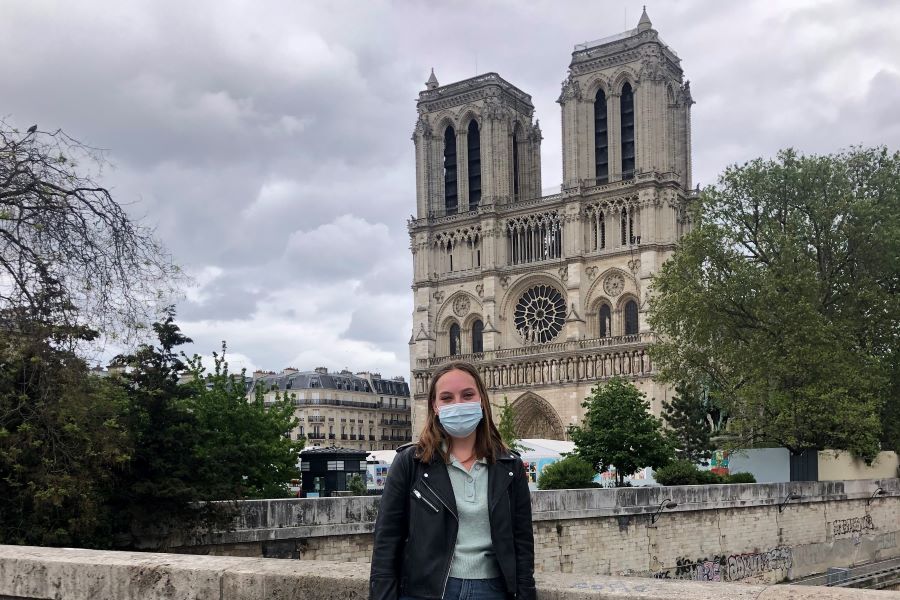
by Nelson Graves | 1 Jun 2021 | Identity, News Decoder alumni, News Decoder Updates, Personal Reflections, School Year Abroad
Elisabeth Wachtel learned a second language, made friends and lifted her chances of college admission by studying abroad for a year of high school. Why would a teenager pick up stakes and leave friends and family behind for a year to study in an unfamiliar, foreign...

by Stacy Shyaka | 26 May 2021 | Art, Human Rights, Identity, Personal Reflections, Student Posts, Westover School, Youth Voices
I come from Rwanda, where black children are not hated for the color of their skin. My photos capture innocence and an age of purity. (All photos by Stacy Shyaka) In my country, black children are able to hold on to their innocence because they live in a place where...

by Clarice Gillian Achola | 18 May 2021 | African Leadership Academy, Discovery, Educators' Catalog, Health and Wellness, Identity, Personal Reflections, Student Posts, Youth Voices
Mocked for my dark skin, I long loathed myself and yearned for a lighter complexion. But now I fight colourism and defend diversity. “Leaning away from un-African beauty standards,” by Alana Muchemi, August 2020. The author is in the yellow shirt....
Adolescence is a time of self-discovery, and Clarice Gillian Achola of the African Leadership Academy finds that the discrimination she has faced since her days on the playground plagues large numbers of girls and women with dark skin. With detail and sensitivity, the author gives shape to the abstract notion of colourism, then moves from the first to the third person pronoun as she extends her personal battle to a broader campaign to save others from bigotry.

by Elisabeth Wachtel | 13 May 2021 | Americas, Europe, Eyewitness, Government, Health and Wellness, Personal Reflections, Youth Voices
COVID-19 has hit France and the U.S. to a similar extent. But their approaches to tackling the pandemic have been radically different — as I’ve seen. Elisabeth Wachtel in front of the Notre-Dame de Paris Cathedral In January, I moved from the United States to...

by Willow Delp | 4 May 2021 | African Leadership Academy, Art, Identity, Personal Reflections, Student Posts, Youth Voices
I’m a mix of black Jamaican and white American. My distinctive identity is both a target of hatred and my weapon for fighting injustice. A demonstrator at a protest against racism in Berlin, Germany, 6 June 2020 (Friedrich...
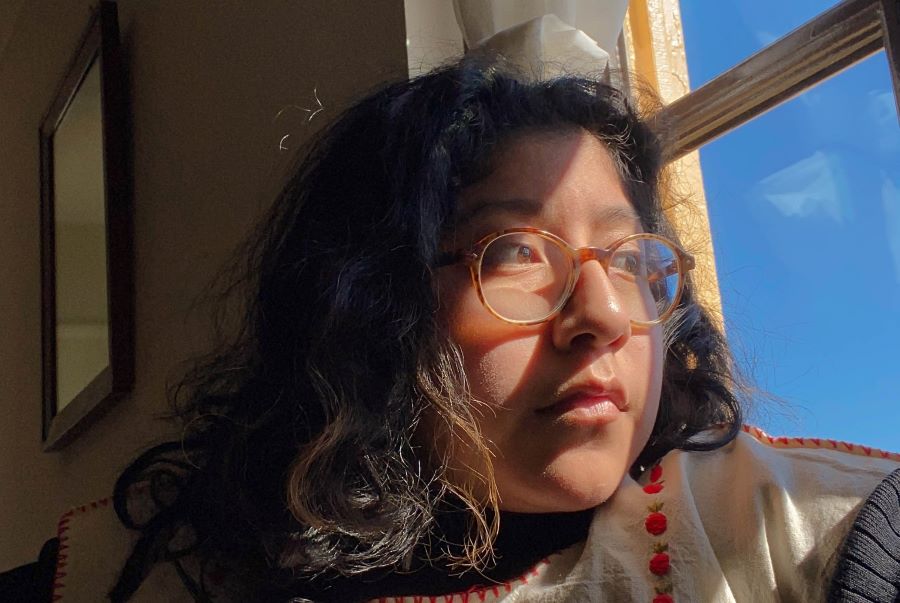
by Miriam Hernandez | 23 Apr 2021 | Art, Contest winners, Contests, Culture, Educators' Catalog, Identity, Immigration, Personal Reflections, Student Posts, Westover School, Youth Voices
My family came to the U.S. from Mexico. I used to be ashamed of our humble lifestyle. I offer these photos to show I’m now proud. This story won a third prize in News Decoder’s Ninth Storytelling Contest. Originally from Zapotitlan Palmas, a small town in...
Many students have much to say, but freeze when asked to put pen to paper. Asking them to first engage in other forms of self-reflection may make it easier to produce powerful written texts. Miriam Hernandez of Westover School demonstrates this point with her piece on growing up in the United States as a daughter of Mexican immigrants. Hernandez began with uncaptioned photographs of her family’s surroundings — a dinner table, a kitchen sink, a breeze through the front door — and later produced accompanying text — simple, direct, unvarnished — that complements the photos. Together, the pictures and text offer a candid glimpse of the author’s upbringing and how she came to terms with her heritage.
Exercise: Ask your students to take a series of photographs of life at home and to then write about what the images represent to them.
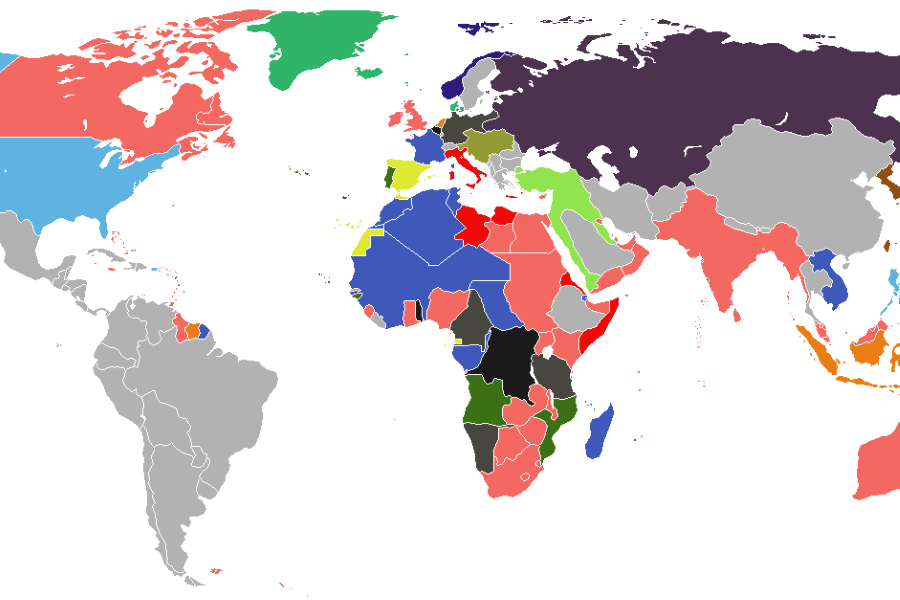
by Jeremy Solomons | 13 Apr 2021 | Decoders, Human Rights, Personal Reflections, World
I was taught that Modern Colonialism was a force for global good. Later I learned it was a system of exploitation, oppression and enslavement. World empires and colonies in 1914, just before World War One (Wikimedia Commons). As the leaders of the Commonwealth of...
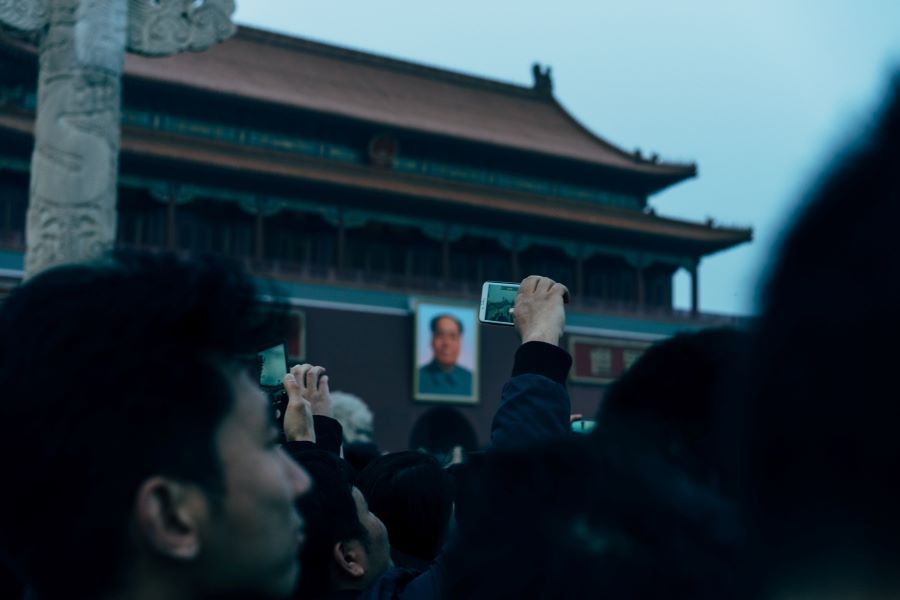
by Li Keira Yin | 7 Apr 2021 | Americas, China, Contest winners, Contests, Culture, Educators' Catalog, Identity, Immigration, Personal Reflections, Student Posts, Thacher School, Youth Voices
Born in China, I decided to study in the U.S. I love my home country but harbor guilt as I become less and less Chinese over time. Photo by Markus Winkler This story was a runner-up in News Decoder’s Ninth Storytelling Contest. Artist’s Statement: I grew up in...
Growing up means eventually coming to terms with one’s upbringing. Doing so can be especially challenging for young people straddling different cultures. In a five-stanza poem, Li Keira Yin of The Thacher School explores the contradictions between the world of her Chinese grandparents and her life at a boarding school in the United States. News Decoder helps young people around the world extend their horizons and learn to appreciate different viewpoints. Some have the advantage of confronting opposing outlooks at an early age, and Yin demonstrates her maturity in reconciling the inherent antagonism between her two very distinct cultures.
Exercise: Ask each student to identify a fault line within their family and to write an essay or poem that is sympathetic to each side.
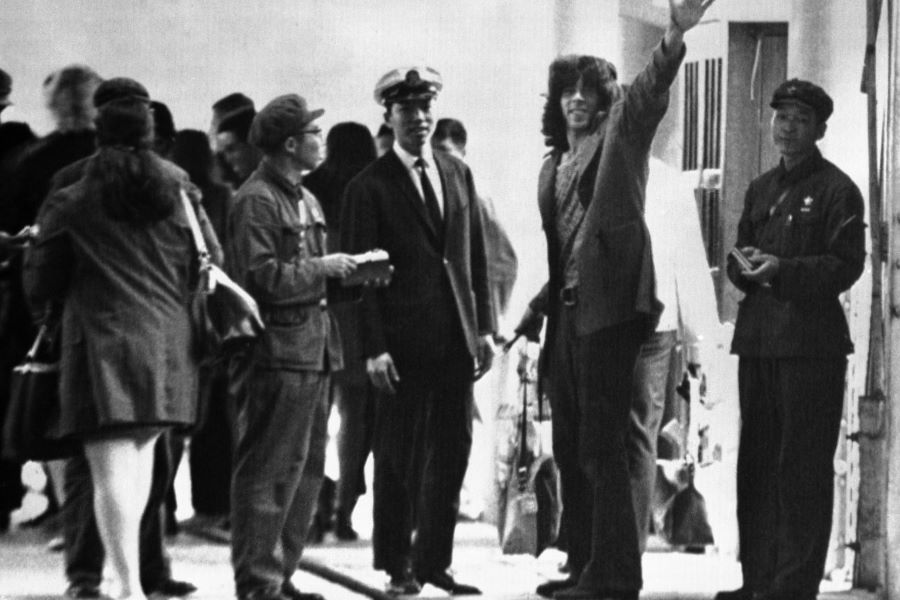
by Jonathan Sharp | 6 Apr 2021 | Americas, Asia, China, Educators' Catalog, Eyewitness, Government, Personal Reflections, Politics, Sport, United States
Ping-pong players paved the way for a thaw in relations between China and the U.S. in the early 1970s. I witnessed this pivotal moment in history. Flanked by Chinese border officials, Glen Cowan, a member of the U.S. ping-pong team, waves to newsmen at Lowu, China,...
News Decoder’s correspondents have covered many of the biggest international stories of the past half-century, offering our students an unparalleled historical perspective on complex global events. Jonathan Sharp has tapped his rich professional adventures time and again for News Decoder, producing yarns about covering the Vietnam War and showing U.S. actress Shirley MacLaine around Beijing. In his latest article, Sharp recounts witnessing a pivotal moment in China-U.S. relations in 1971, when a team of U.S. ping-pong players visited China, paving the way to a thaw in relations between the two nations. Sharp skillfully mixes personal anecdotes with an impartial look at history to transport students born more than a generation after the “transformative moment” back in time.
Exercise: Ask each of your students to speak to at least one parent to identify a moment in their youth when they witnessed an important event. After interviewing the parent, the student should write an article mixing the parent’s viewpoint in the first person with third-person background and explanation.










